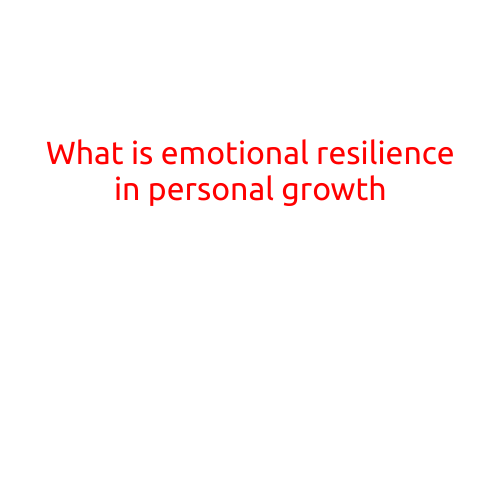
What is the Relationship between Confidence and Success?
Confidence and success are two interrelated concepts that have been debated extensively in the realms of psychology, business, and personal development. While many experts argue that confidence is a precursor to success, others claim that success builds confidence. But what is the true relationship between the two?
The Chicken and Egg Problem
The age-old debate surrounding confidence and success can be likened to the chicken and egg problem. Which comes first, the confidence or the success? Many individuals struggle with feelings of self-doubt and uncertainty, wondering whether they have the confidence to pursue their goals and ambitions. On the other hand, some succeed in their endeavors and then develop confidence as a result of their achievements. But is confidence genuinely the driving force behind success, or is it merely a byproduct of it?
The Confidence-Success Paradox
Research suggests that there is no straightforward answer to this paradox. In fact, studies have shown that both confidence and success can influence each other in complex ways. For instance:
- Confidence can precede success: Individuals with high levels of confidence are more likely to take risks, push boundaries, and strive for excellence. This confidence can ultimately lead to greater success and achievement.
- Success can build confidence: Conversely, achieving success can boost an individual’s confidence, leading to increased motivation, improved performance, and a greater sense of self-efficacy.
- The confidence-success feedback loop: In reality, the relationship between confidence and success is likely to be cyclical, with each influencing the other in a continuous loop. Confidence can lead to success, which in turn reinforces confidence, and so on.
The Benefits of Confidence
While we may not have a clear answer to the chicken and egg problem, one thing is certain: confidence plays a significant role in achieving success. Here are some benefits of confidence:
- Risk-taking: Individuals with confidence are more likely to take calculated risks, which can lead to greater opportunities and rewards.
- Resilience: Confident individuals are more likely to bounce back from setbacks and failures, as they have a stronger sense of self-belief and resilience.
- Motivation: Confidence can motivate individuals to strive for excellence, push beyond their limits, and achieve their goals.
- Improved communication: Confident individuals are often better communicators, able to articulate their ideas and thoughts more effectively, which can lead to greater influence and success.
The Downside of Overconfidence
While confidence is essential for success, there is a fine line between confidence and overconfidence. Overconfidence can lead to:
- Complacency: Overly confident individuals may become complacent, taking their achievements for granted and failing to continually improve and adapt.
- Hubris: Overconfidence can also lead to hubris, causing individuals to make reckless decisions and underestimate the abilities and efforts required to achieve their goals.
- Burnout: Overly confident individuals may also push themselves too hard, leading to burnout and decreased performance.
Conclusion
In conclusion, the relationship between confidence and success is complex and multifaceted. While confidence can precede success, success can also build confidence. Ultimately, both confidence and success are interdependent, with each influencing the other in a cyclical feedback loop. By cultivating confidence, individuals can increase their motivation, resilience, and communication skills, leading to greater success and achievement. However, it is essential to strike a balance between confidence and humility, avoiding the pitfalls of overconfidence and complacency.





